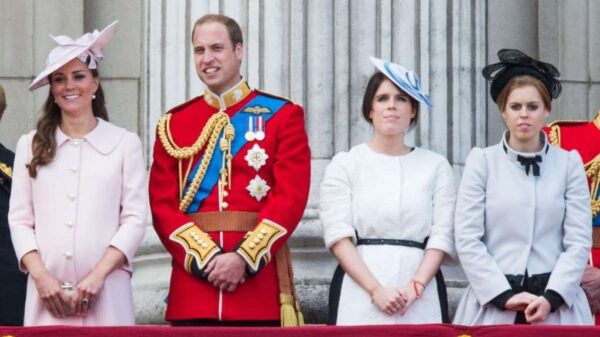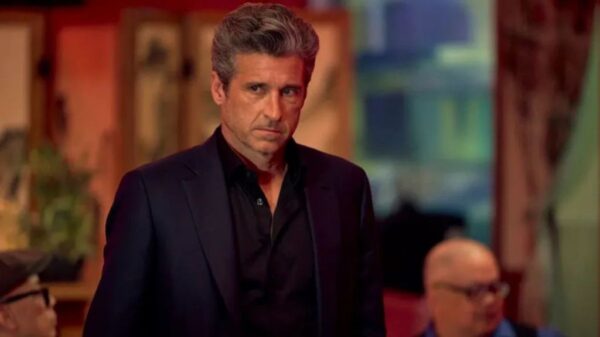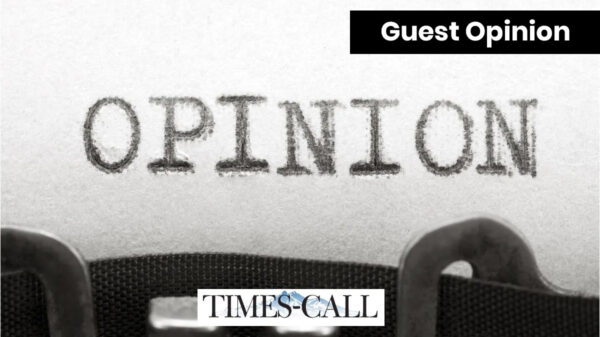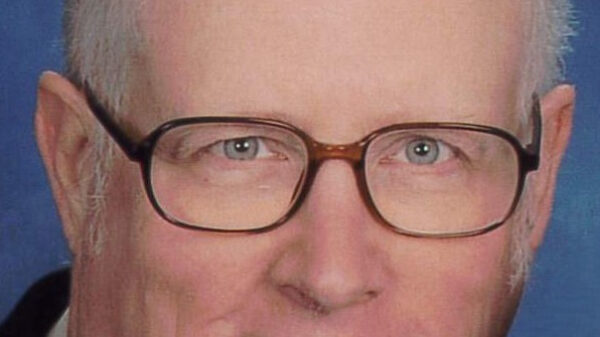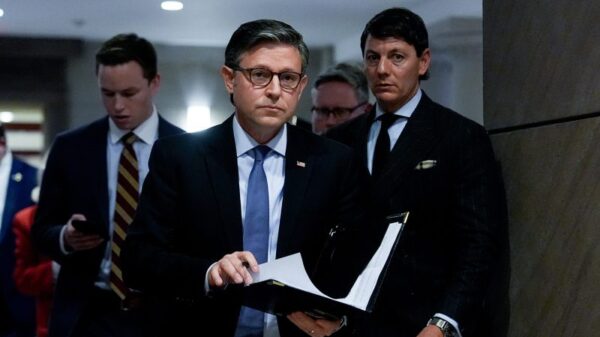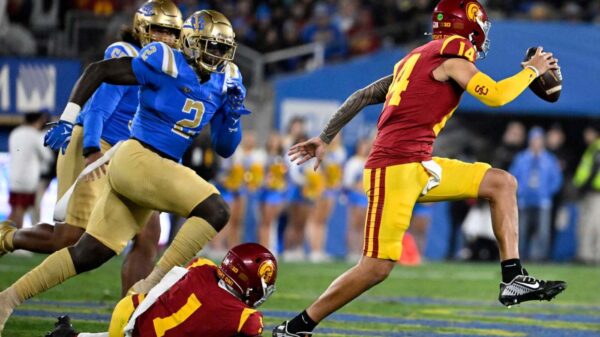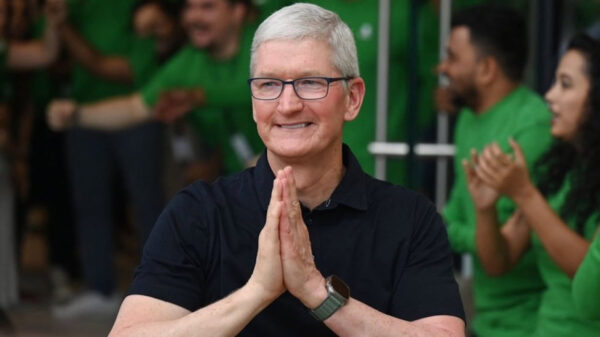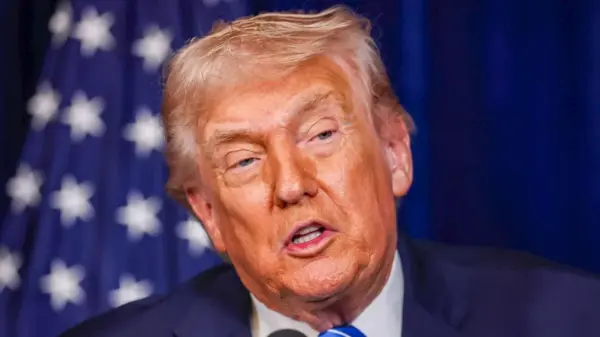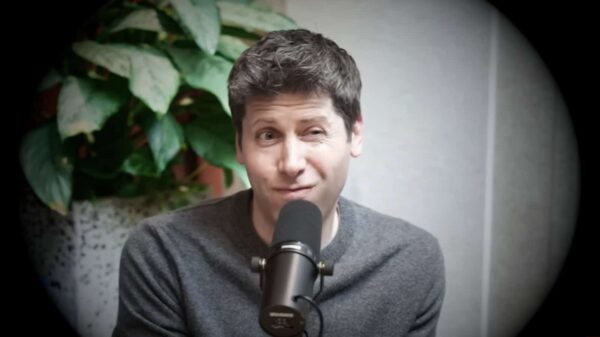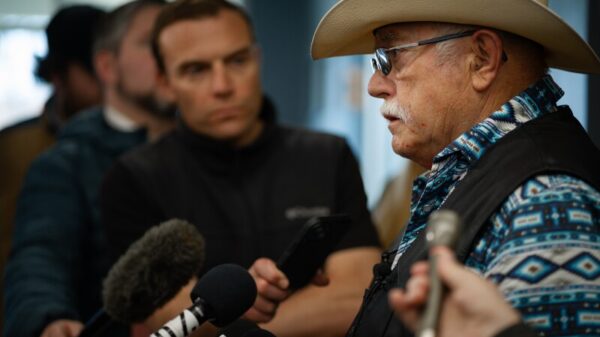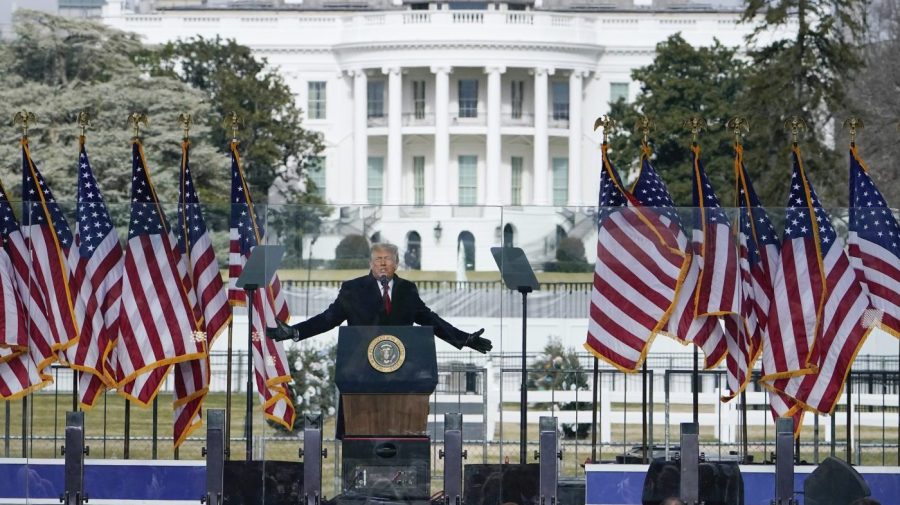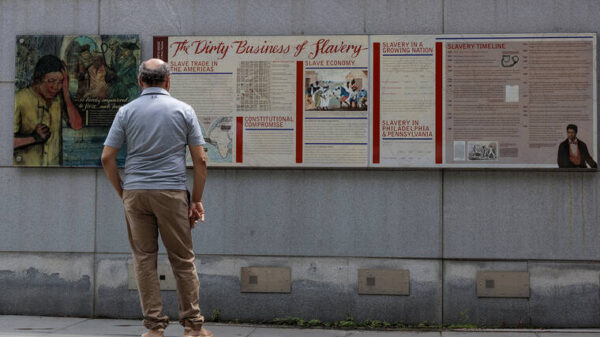BREAKING: Two senior executives at the BBC have resigned as of Sunday, following widespread criticism regarding the editing of a speech by former President Donald Trump. The controversial speech, originally delivered on January 6, 2021, was featured in a documentary last year, sparking a significant backlash from viewers and political commentators alike.
Tim Davie, the BBC Director-General, and Deborah Turness, the CEO of BBC News, both left their positions amid ongoing scrutiny over the broadcaster’s editorial decisions. This unprecedented move highlights the growing tensions surrounding media responsibility and public trust in reporting.
The decision to edit Trump’s remarks, which many claimed misrepresented the context of his statements, ignited a firestorm of criticism. Viewers accused the BBC of bias and failing to uphold journalistic integrity. The fallout has raised urgent questions about how media organizations handle politically sensitive content.
In a statement released by the BBC, officials acknowledged the controversy and emphasized their commitment to maintaining impartiality. The organization is currently facing increased pressure to restore public confidence in its reporting standards.
Observers are now closely watching the BBC to see how this leadership change will impact future editorial policies and overall governance. The departures of Davie and Turness mark a pivotal moment for the BBC, as it grapples with the implications of its editorial choices on its reputation and viewer trust.
As this story develops, the media landscape is bracing for potential shifts in how news organizations navigate politically charged topics. The implications of these resignations extend beyond the BBC, serving as a critical reminder of the challenges facing media outlets in an increasingly polarized environment.
Stay tuned for more updates on this evolving situation and its impact on media practices worldwide.




